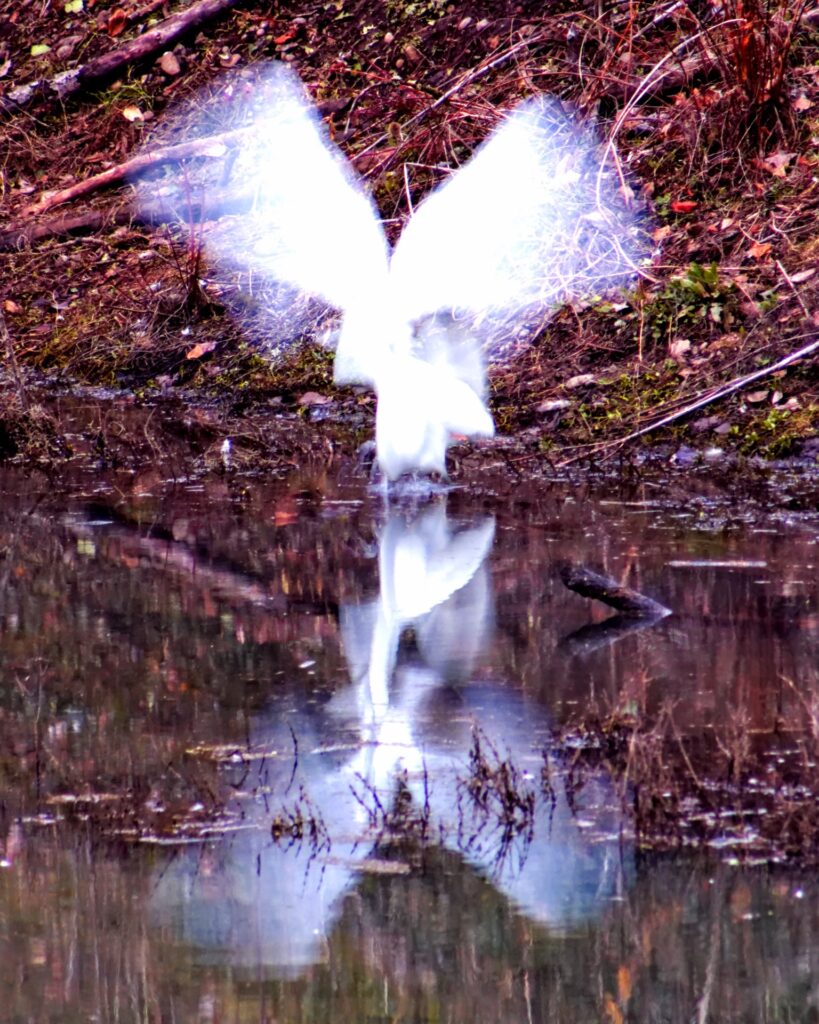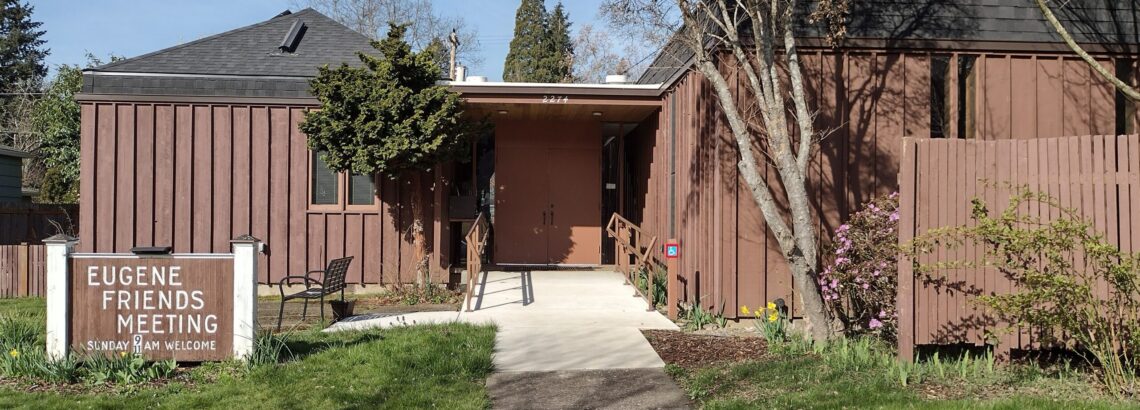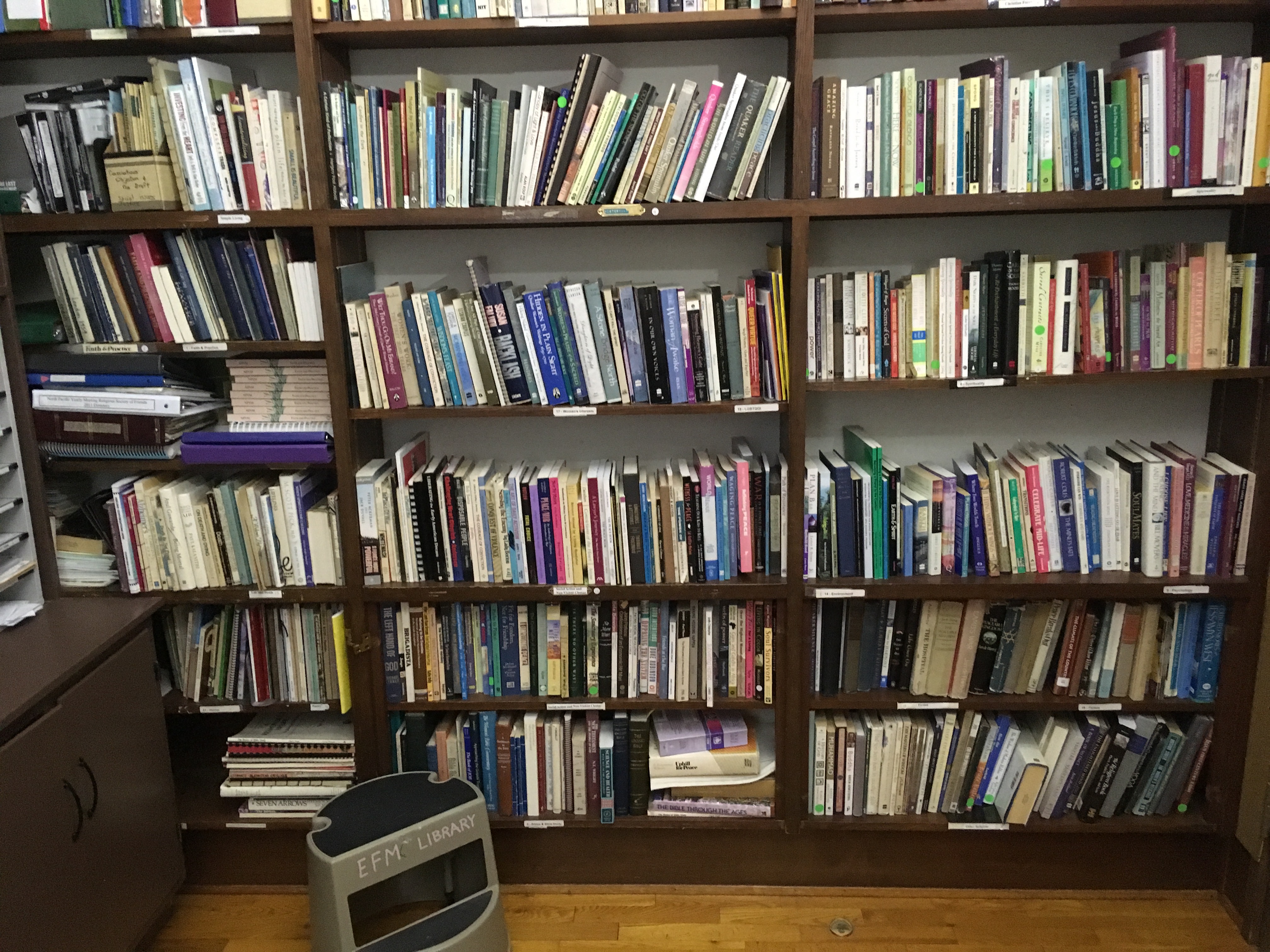
Besides their intrinsic value as members of the Natural World, birds play many crucial roles in our ecosystems — including pest control, pollination, and seed dispersal — and are essential to human welfare. With an estimated 1,200 species facing extinction over the next century, and many more suffering from severe habitat loss, we must feel the impulse to protect birds. But what can we do?
Many of us fill bird feeders in the winter months to attract and feed the birds in our yard; it’s a joy to see the birds swooping in to eat, especially when the ice is covering all the other food sources. Having bird feeders allows the whole family to watch birds without the hassle of walking out into nature with binoculars on a rainy day.
But even this simple, well-intentioned action has many hazards:
- Did you know that you ought to clean your feeder with bleach every 2 weeks to avoid spreading salmonella?
- or that hummingbird nectar can go bad in the heat of summer and cause a disease called Hummers Candidiasis, that causes the bird’s tongue to swell up?
- or that feeding birds might be changing the natural order of bird dynamics? Some birds benefit more than others, and push out less dominant migratory species.
One British study says:
“By leaving food out, we are effectively engaging in amateur conservation, yet sparing no thought to the complexities of that. We provide food believing that every species will benefit equally, yet would we ever take this approach in any other setting where wild animals are present? Framed in this way, feeding birds starts to feel a little naive.”
Last week I asked, how can we cultivate a deep working knowledge of the land we care for, so we can assist in useful ways? And how can we stop making well-intentioned mistakes that harm the Natural World? How can we live in integrity with the Earth?
One answer to these questions is to plant a bird haven in your yard, to feed native birds in a more natural way. Because habitat loss is the leading cause of population declines in many bird species, planting native vegetation in your yard is one of the best ways you can help improve the environment. You can grow plants that bloom and fruit in different seasons, and provide food throughout the year; a variety of native plants attracts the greatest diversity of bird species. Planting native plants – and not introduced ornamentals – is important because our native birds often can’t eat the overly-large fruit of some of these more exotic plants; the berries are simply the wrong shape or size for their beaks. Also, native plants host the native insects which birds use as a major food source.
Another way to cultivate a deeper working knowledge, and live in integrity with the earth, is to become a “citizen scientist” and conservationist, help collect data, and learn about the best practices for bird care at the same time. As citizen scientists, we can contribute to programs such as Project FeederWatch, NestWatch, EBird, and BirdSleuth (for kids). Learn more at the Cornell Lab of Ornithology!
Being truthful with ourselves and with others is essential for spiritual growth. Our integrity is revealed with truth-telling and is also the path that leads us to Truth.
In order to truly hear and follow the leadings of Spirit, as Friends we know we must be willing to hear and act on the Truth as it becomes known to us.
Living with integrity also means being who we really are – stripping away those things that are artificial and making our actions consistent with our values.
Amesbury Quakers


